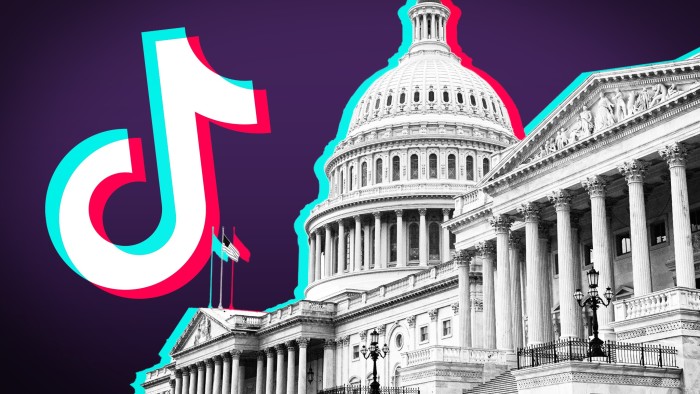The U.S. Court of Appeals for the District of Columbia Circuit on Friday ordered China’s ByteDance to sell its short-form video platform by January 19, 2025, the day before Trump is sworn in as president of the United States by Joe Biden. It supported legislation that would require it to face a ban from the United States.
TikTok’s chief executive Shou Zi Chew has told staff he expected to pursue a legal appeal. If unsuccessful, the app could be banned in the U.S. for a day before Trump’s inauguration, with 170 million U.S. users and , a blow to creators and marketers who rely on the platform. In that case, it will be up to the new president to find a way to persuade Congress to repeal the same law that passed this year with overwhelming bipartisan support, or find another path to do so himself. It will depend.
What will TikTok do next?
Short of a legal victory, TikTok’s survival will probably rest in Trump’s hands. Before his election, he said he would not ban the app upon his return to the White House, in an attempt to preserve “competition” in a market dominated by Mark Zuckerberg’s Meta, which the president-elect has described as an “enemy of the people.”
Nevertheless, some buyers are circling. Frank McCourt, an American media and sports businessman, has established a consortium of investors that would bid for TikTok through his non-profit entity, Project Liberty, which was set up in 2021 to advocate for a more equitable internet. A spokesperson this week said its investor group had made informal commitments of more than $20bn of capital.
Craig Singleton, a China expert at the Foundation for Defense of Democracies, said the court ruling was a “symbolic and strategic loss” for China in the broader tech competition with Washington, calling it a “powerful tool” for influence and data collection in the us.


